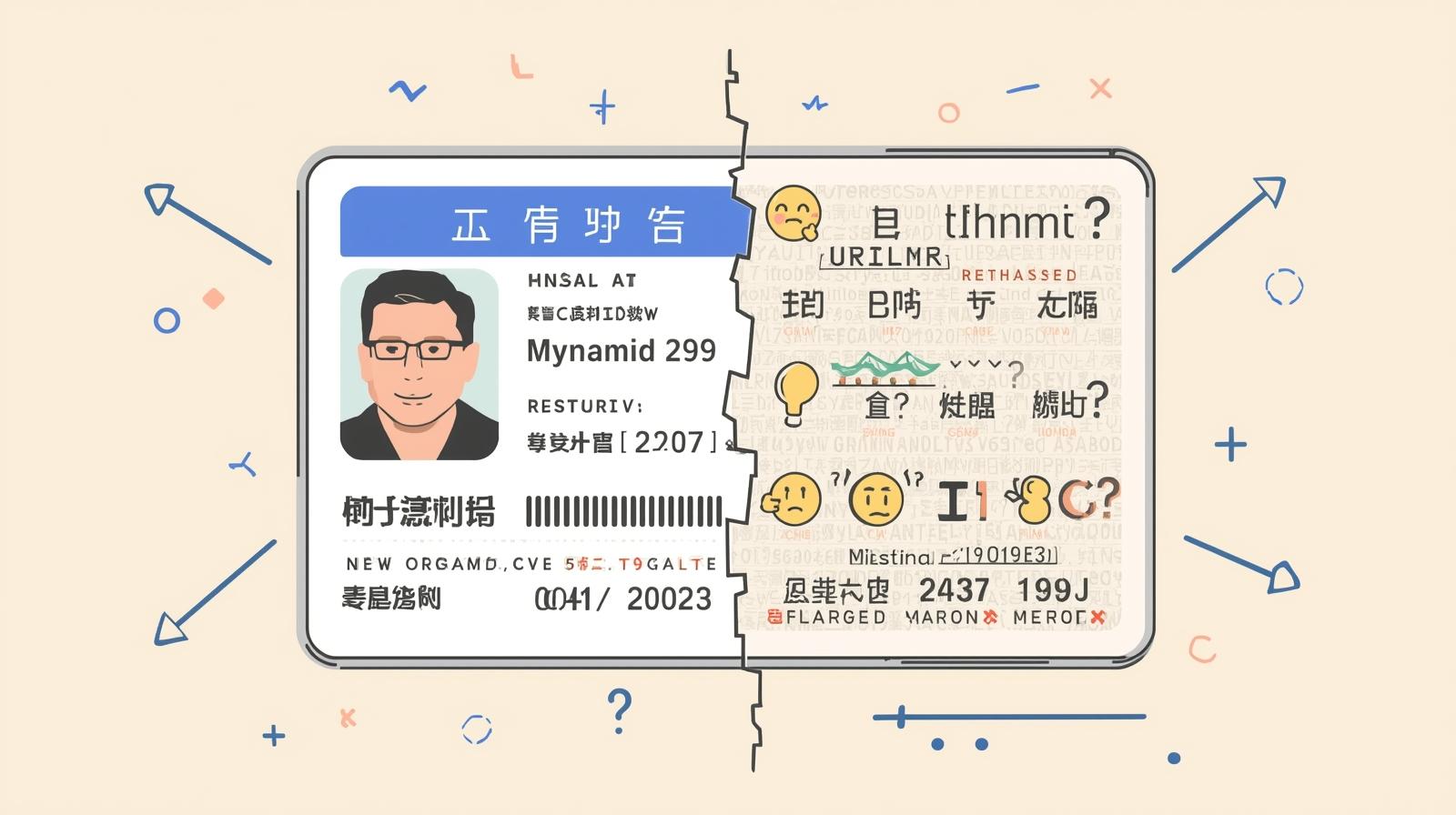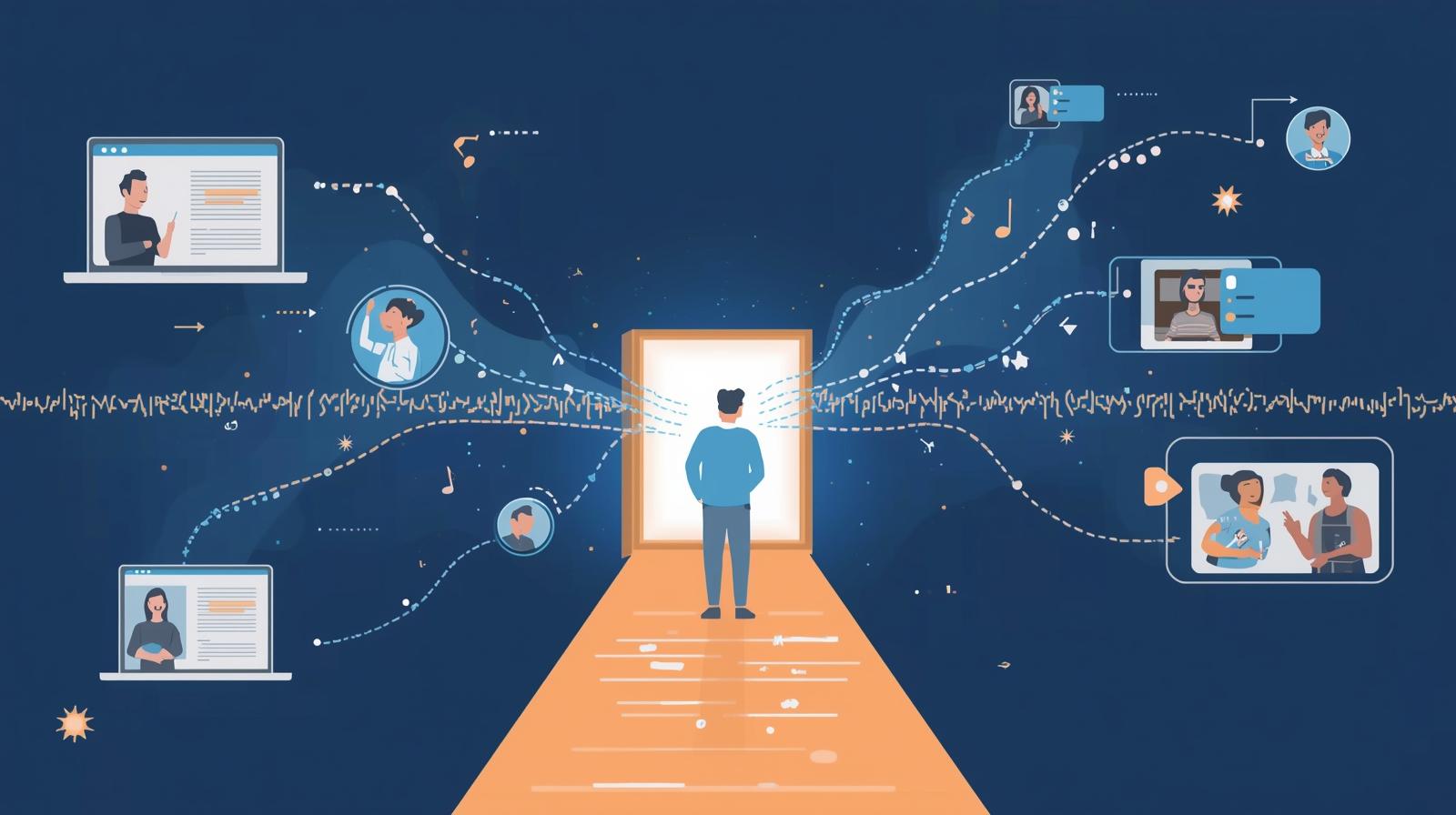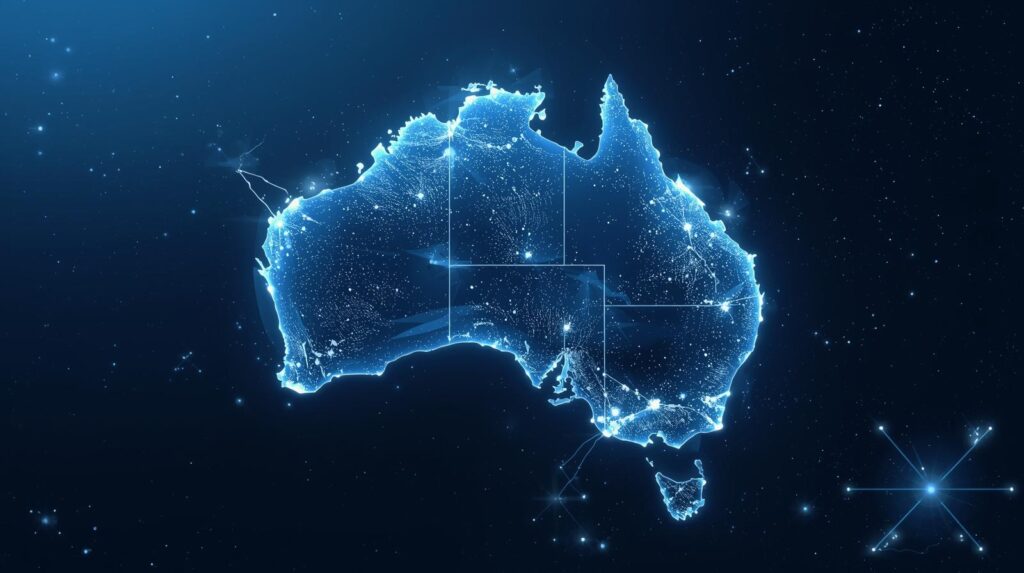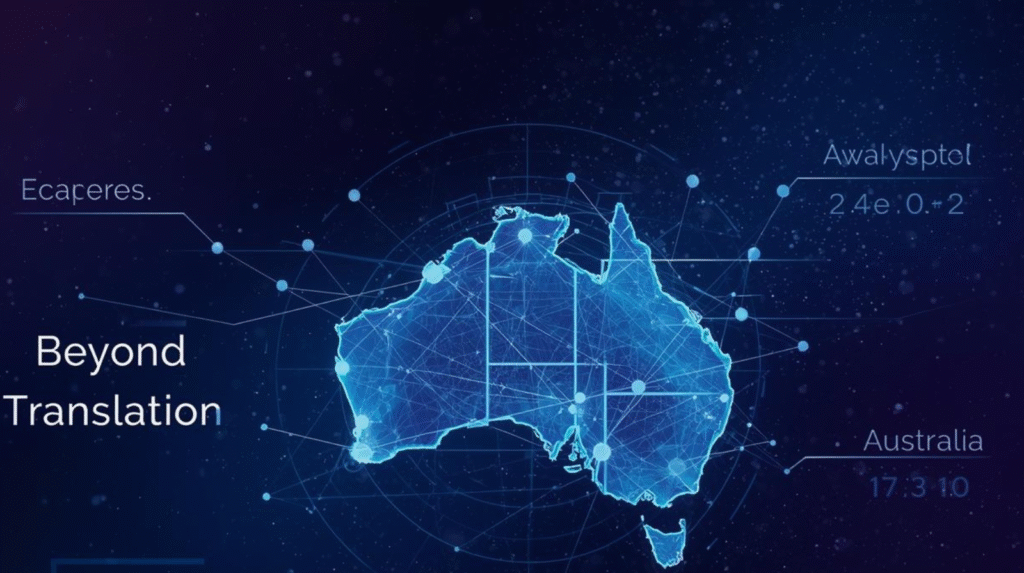Recently moved to Australia? There are plenty of things to do when you start a new life in another country. One of them is to learn your way around the city, especially because you’re going to be commuting from point A to point B almost every day.
For travelling, you can either use your personal vehicle or public transport (subway, bus, or a cab service). Many migrants find driving a lot more convenient, especially if they live outside a major city or work late shifts.
But if your licence isn’t in English, or if the driver’s licence translation isn’t certified or accurate, you may not be legally allowed to drive. That can lead to delays, unexpected costs, and even fines.
These issues are definitely avoidable, but many people make the same preventable mistakes every year. At Beyond Translation, we understand these issues very well, and we aim to help migrants avoid the heavy price they have to pay for licence translation errors.
Here, we will break down the most common mistakes.
What Happens If Your Driver’s Licence Isn’t Translated?
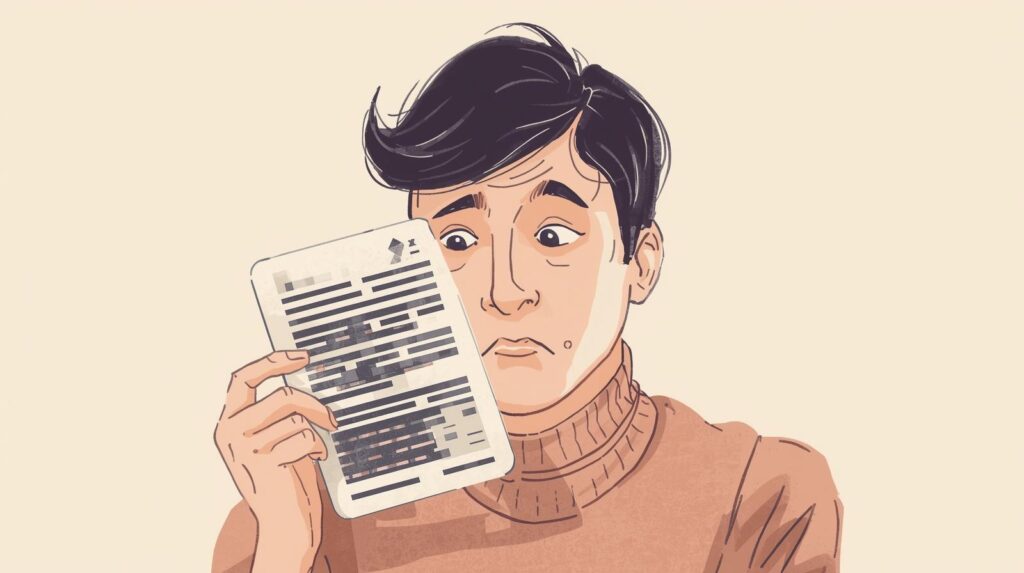
If a migrant (or any overseas licence-holder) doesn’t have a proper English translation of their non-English driver’s licence in Australia, several risks and consequences can follow. What might really happen to you depends on the state or territory you’re residing in.
For instance, in New South Wales (NSW), the law states that if you’ve been a temporary visa holder and live there for 6 months or more, you must convert to an NSW licence. If you continue to drive on your overseas licence after that and don’t meet the documentation requirements (like a proper translation), you may be considered unlicensed.
Continuing to drive without converting (or not having the required documentation) can result in a fine. According to the NSW Government, the first-offence fine is AUD 603, with higher penalties for subsequent offences.
While rules vary slightly in different states, most require a NAATI-certified translation if your licence isn’t in English. A quick online translation or a friend helping out simply won’t be accepted. Australia takes driver licensing seriously, and so should you.
Common Licence Translation Errors in 2025
Here are the driver’s licence mistakes people still commonly make:
1. Incorrect Name Spelling or Order
Many countries list family names first, while Australia typically uses the given name first.
If the name on your translation doesn’t exactly match the name on your passport or visa documents, it may be rejected. Hyphens, middle names, accents, and missing characters can all cause issues.
2. Wrong Date Format
Australia uses day/month/year (DD/MM/YYYY), but many countries use month/day/year or year-first formats.
For instance, if your driver’s licence is from the United States (which follows the MM/DD/YYYY format), 03/06/2025 could mean March 6, 2025. This could lead to confusion about when the licence expires or was issued.
3. Missing the Back of the Licence
A surprising number of translations only include the front side. The back often contains vehicle class or category, driving restrictions (e.g., glasses required), endorsements, and barcodes or official notes.
Authorities require the full document, not half of it.
4. Not Using a NAATI-Certified Translator
Some people try Google Translate, a bilingual friend, or cheap overseas services.
Unfortunately, most states require a NAATI (National Accreditation Authority for Translators and Interpreters) certified translation. Anything else may be refused immediately.
No certification = no legal recognition.
5. Leaving Out the Original Language Text
Some translations only show the English version. However, most road agencies require the translation and a copy of the original text, side-by-side or attached.
It helps them cross-check details for accuracy.
6. Incorrect or Missing Licence Classifications
Different countries use different vehicle class systems. Australia categorises licences as:
- C = Car (light vehicles)
- LR = Light Rigid
- MR = Medium Rigid
- HR = Heavy Rigid
- HC = Heavy Combination
- MC = Multi-Combination
- (And R for motorcycles.)
A translator must correctly interpret whether your overseas licence allows you to drive a car, truck, motorbike, or bus; otherwise, you may be restricted or unable to convert it later.
8. Low-Quality Images or Scans
Road authorities may reject translations if the original licence photo was blurry, cropped, shadowed, scratched, or unreadable.
If the translator can’t clearly read the document, mistakes are more likely.
9. Using an Expired or Suspended Licence
Even with a perfect translation, immigration officers or state transport departments can still deny it if the original licence is no longer valid.
According to Transport WA, “The authorisation to drive in WA on an overseas licence will cease when your overseas licence expires or is disqualified.”
How to Avoid Licence Translation Delays and Mistakes?
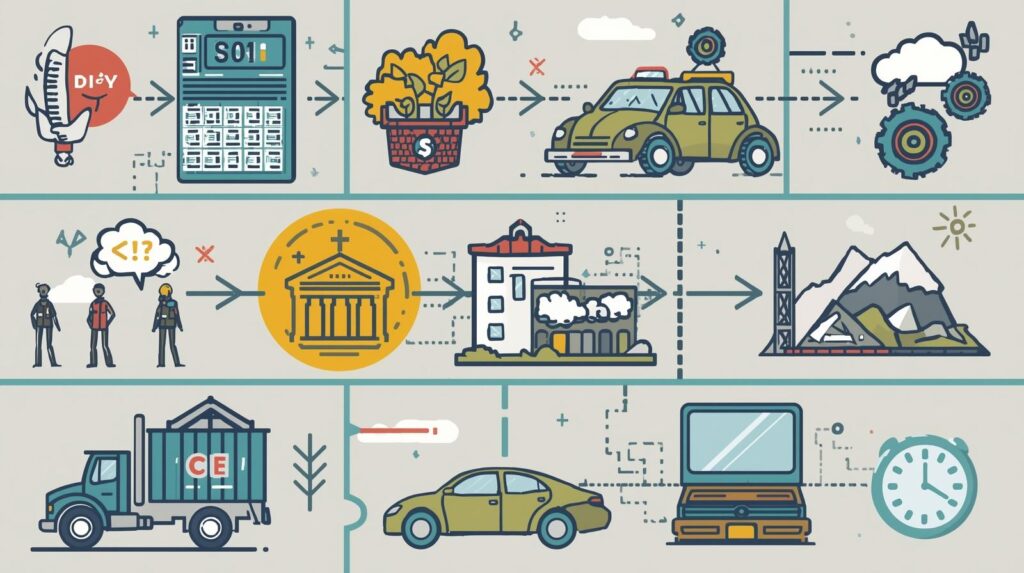
Here are five practical tips to help you avoid delays when getting your foreign driver’s licence translated for use in Australia:
1. Use a NAATI-Certified Translator
Using a NAATI-certified driver’s licence translation service ensures your translation is accurate, professionally done, and officially accepted by nearly all Australian road transport authorities. NAATI credentials indicate that a translator meets national standards, providing legitimacy and reducing the risk of rejection or delays.
2. Provide Clear, High-Resolution Images
Submit crisp, full-colour scans or photos of both sides of your licence. Make sure all edges, text, seals, and photos are clearly visible without shadow or glare. This makes your translator’s job easier, reduces back-and-forth, and prevents mistakes that could lead to translation rejection.
3. Double-Check Personal Information
Before sending, carefully compare the details on your licence (name, date of birth, licence number) with your passport, visa, and other identity documents. Any mismatch (for instance, in spelling or date) could delay approval or even invalidate your translated licence.
4. Ask About Processing Time
When you order a translation, ask the translator or agency for an estimated turnaround. Many NAATI translators or services can deliver certified translations in 1–2 business days, but others (or the free translation services) may take longer.
This helps you plan ahead and avoid being unable to drive soon after arriving in Australia.
5. Confirm State Requirements
Each Australian state or territory has slightly different rules for accepting translated licences.
Before submitting your translation, check with the relevant state transport department (e.g. VicRoads, Transport WA) so you comply with their exact translation and documentation standards.
Beyond Translation: A Trusted Licence Translation Provider
Many migrants want a service that’s trustworthy, fast, and experienced with Australian licence requirements. And that’s exactly where we can help you.
At Beyond Translation, we provide NAATI-certified driver’s licence translations. We have a thorough understanding of state road authority requirements and regularly assist new migrants, students, and visa holders across Australia. Our process is simple, transparent, affordable, and aimed at helping you avoid delays.
You can upload your licence online, receive fast turnaround times, and access friendly local support if you have questions. We also offer strict confidentiality, accurate formatting, and translations in multiple languages, so you can drive legally and confidently from day one.
Final Thoughts
Moving to a new country already comes with enough challenges, and navigating legal driving shouldn’t be one of them. Most delays and rejections in Australia happen because of small translation errors that can easily be avoided.
When you partner with a NAATI-certified translator, provide clear documents, and double-check all your details, you can save time, money, and stress.
If you’re settling in for the long term or just here temporarily, make sure your licence translation is done properly. It’s a small step that makes a big difference.
If you want your licence translated correctly the first time, connect with us at Beyond Translation. Every migrant deserves to get behind the wheel as soon as possible, and you can trust us to make that happen for you.
